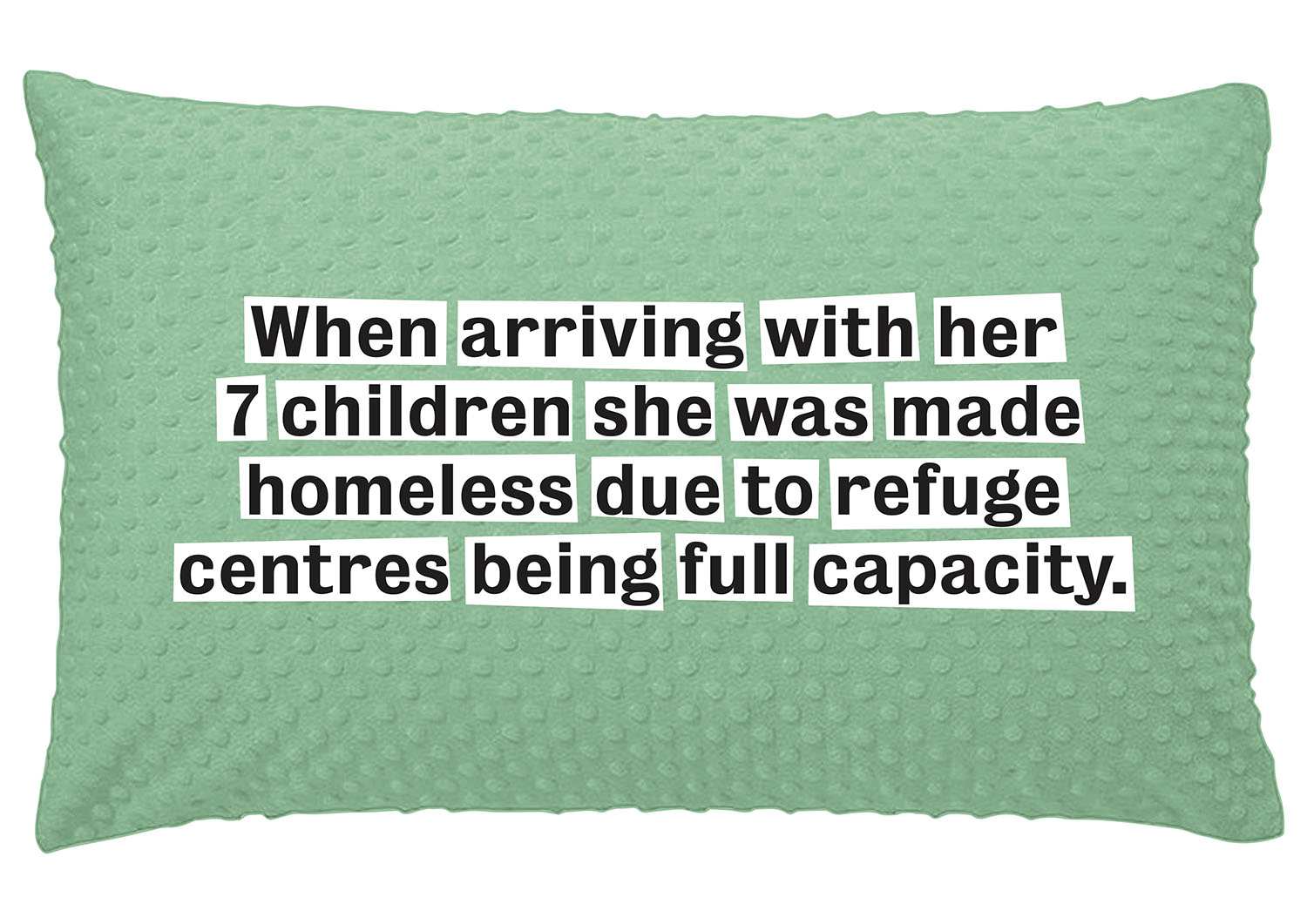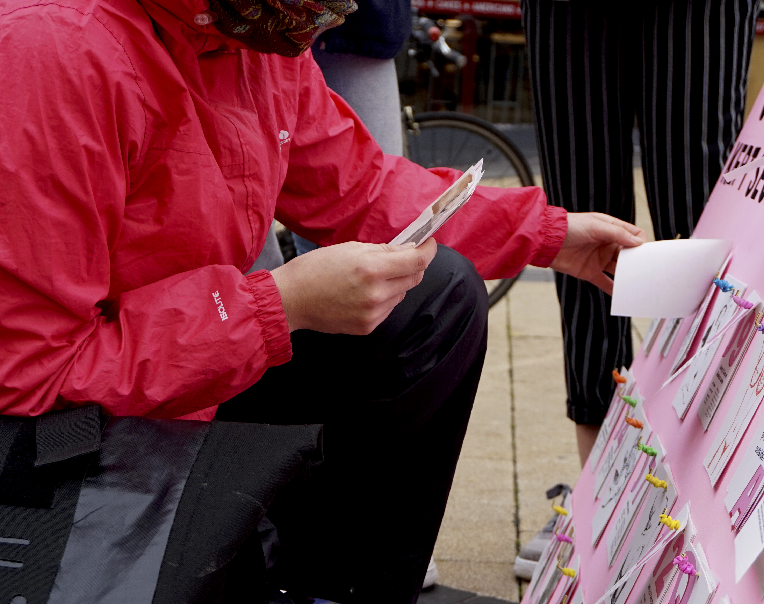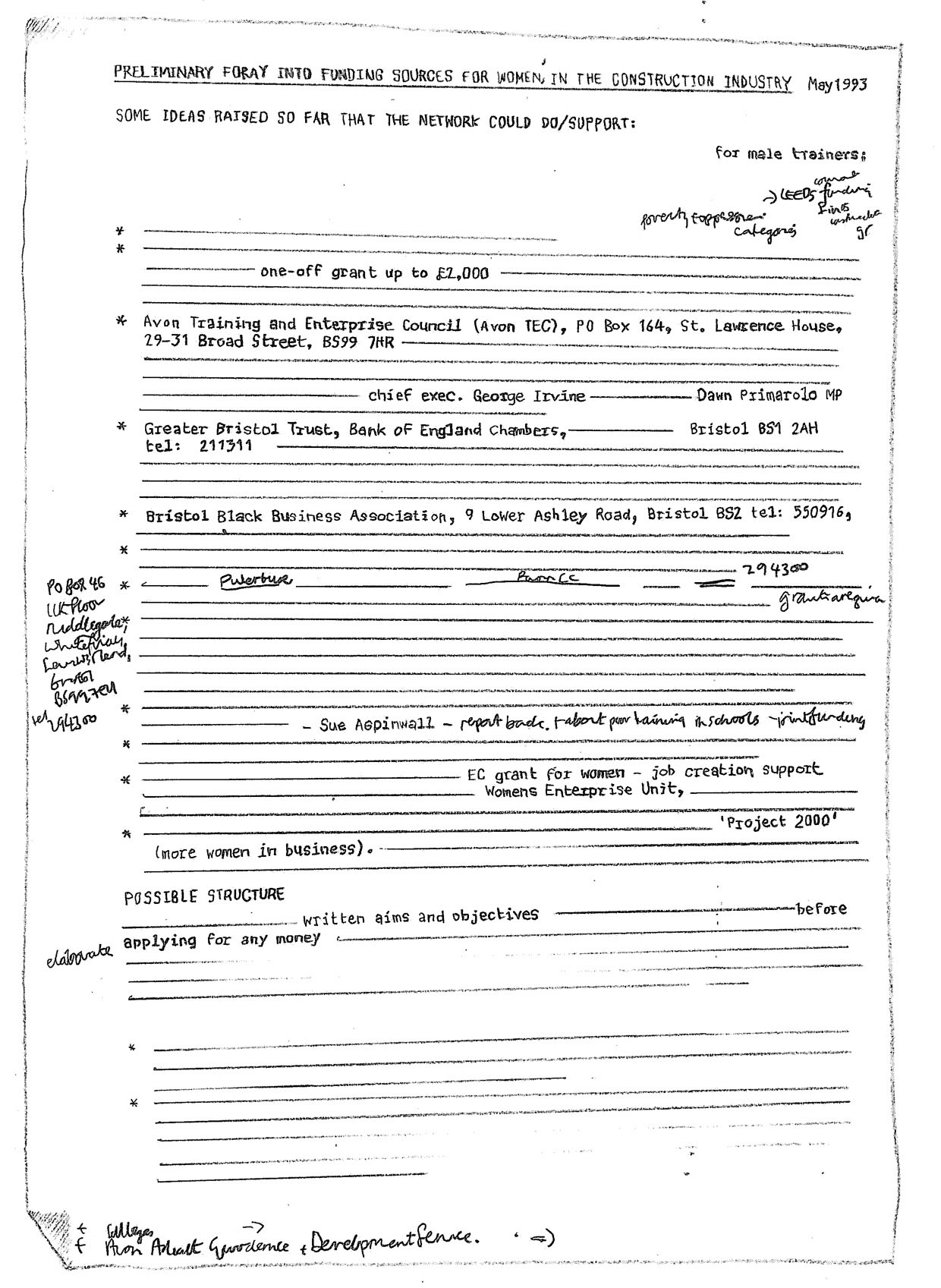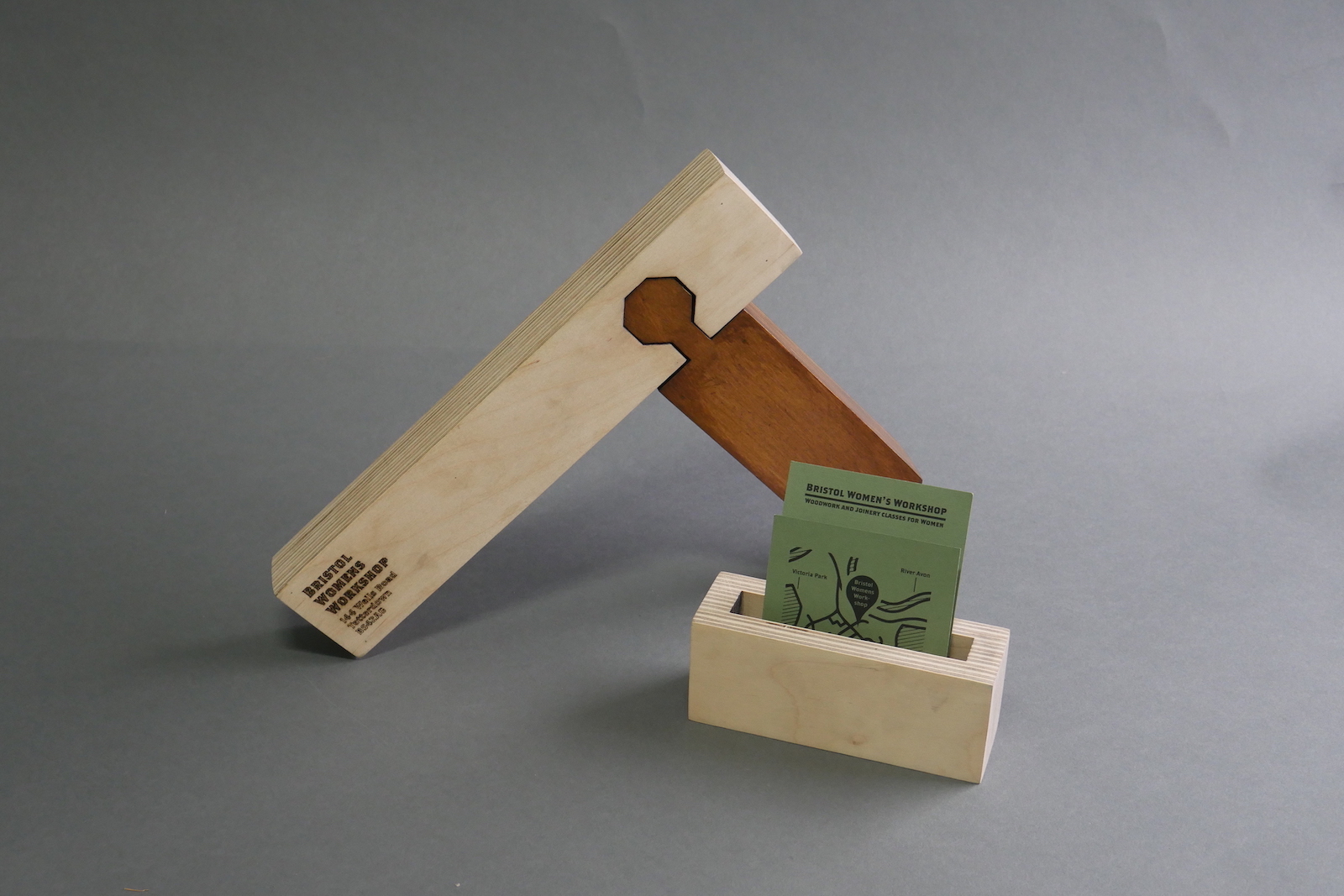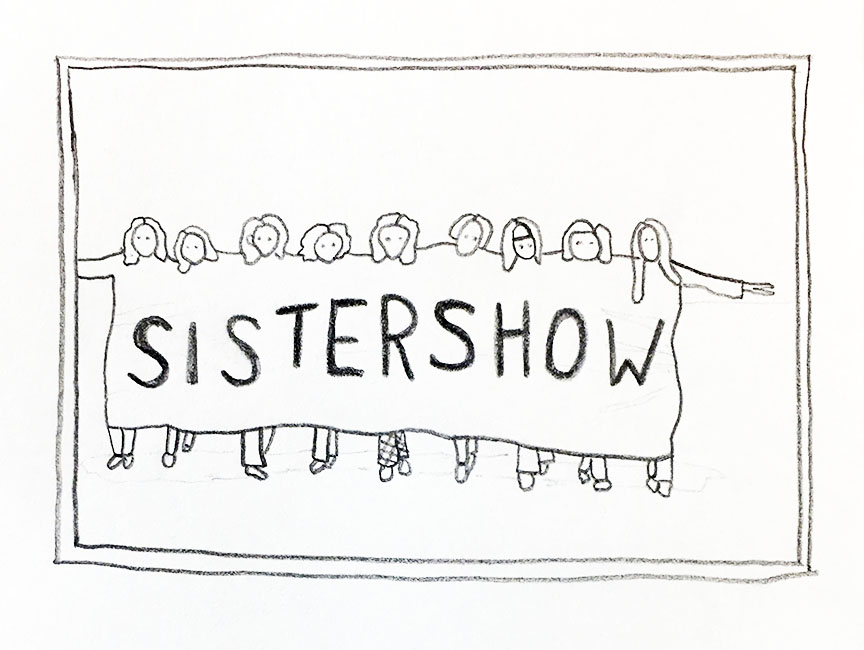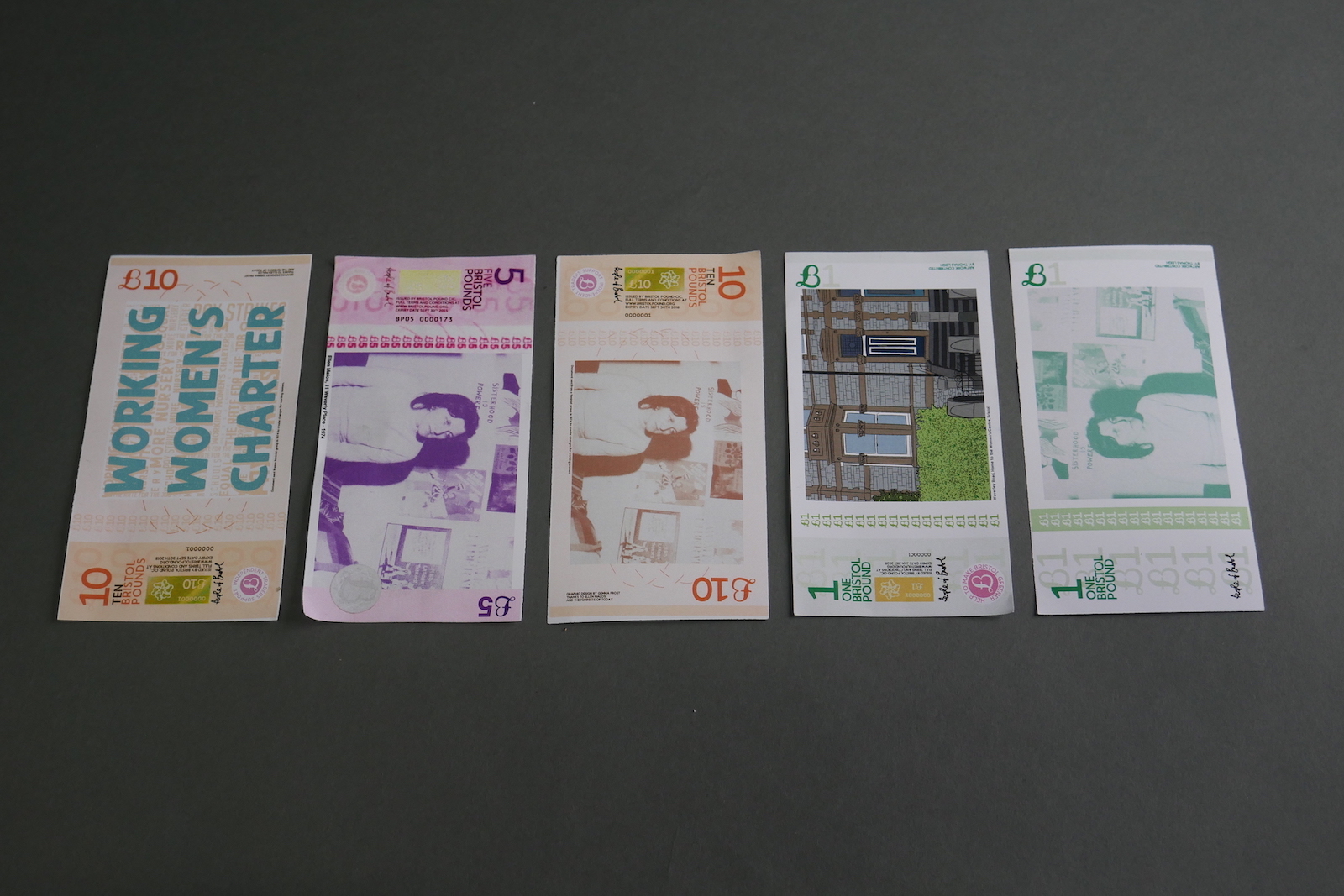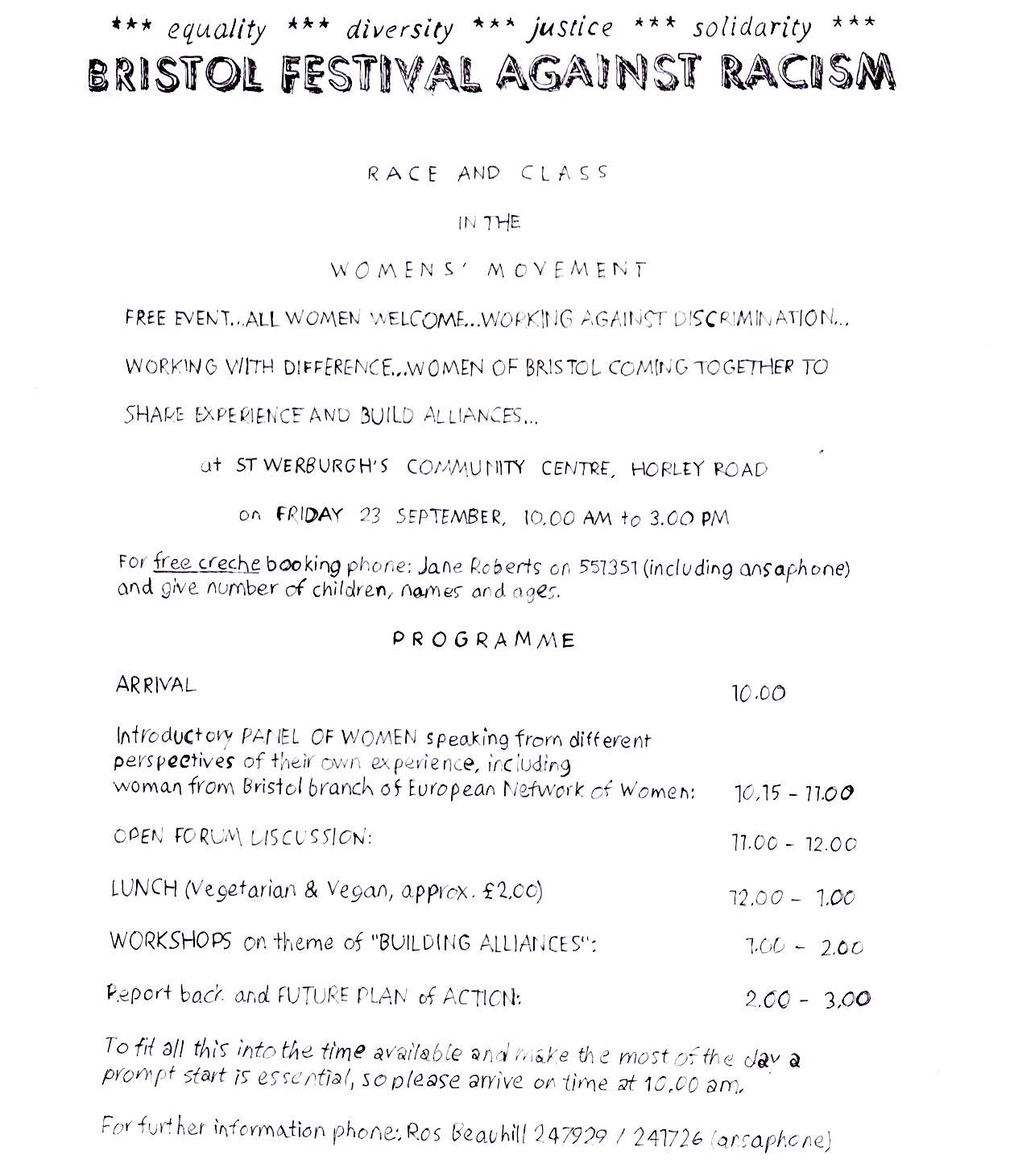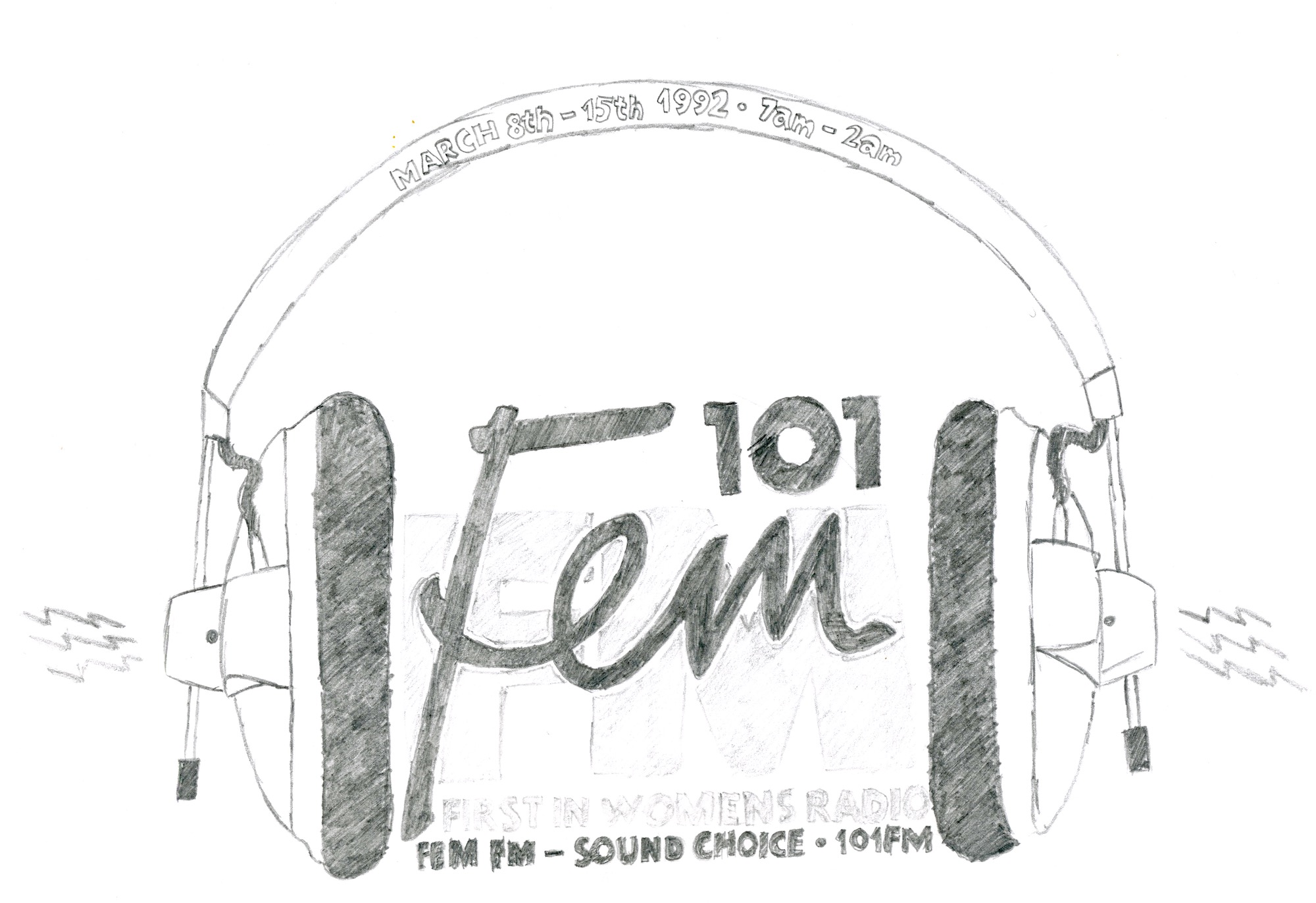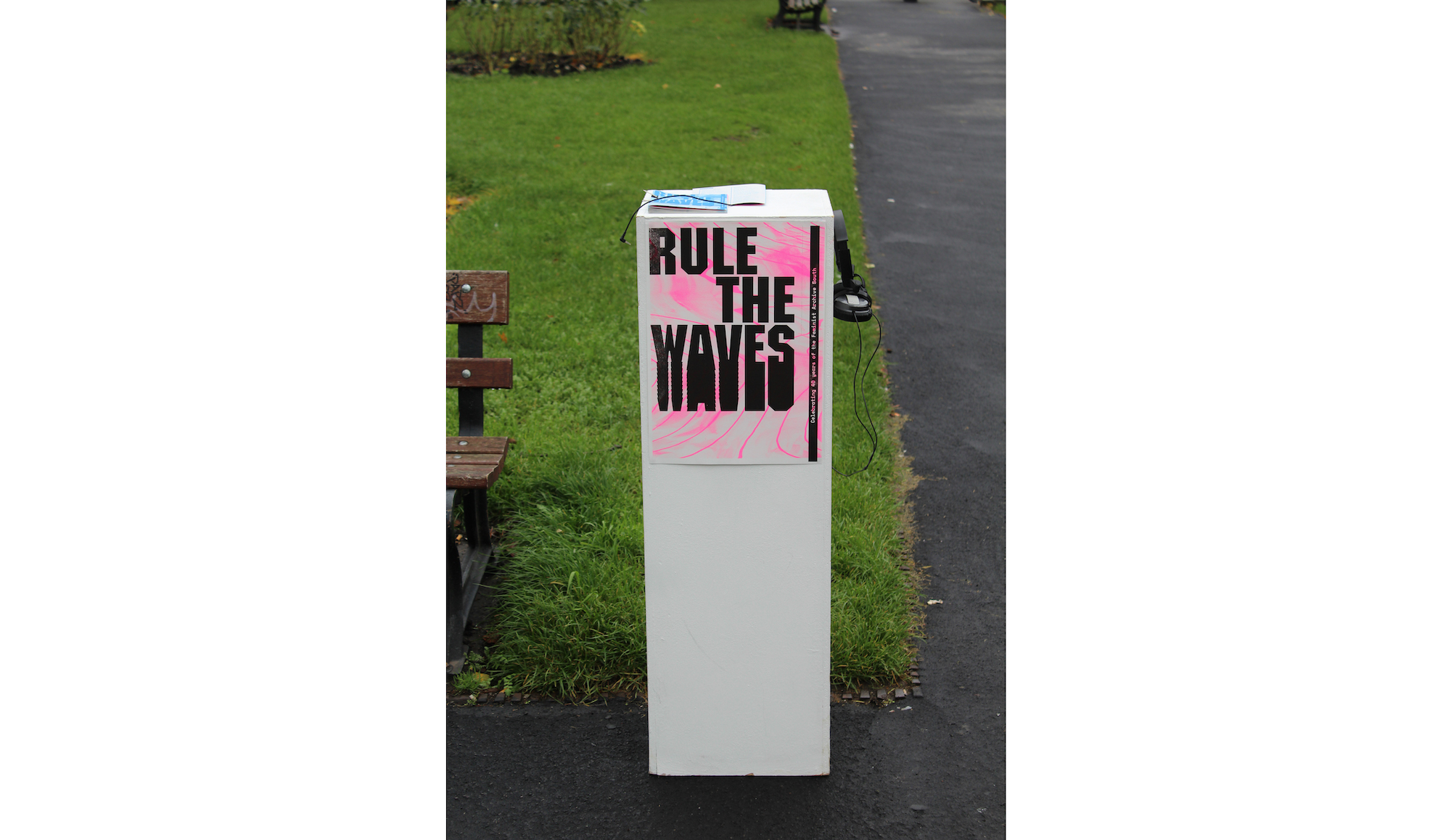82 Colston Street, Bristol
An exhibition showcasing work produced in reaction to the Feminist Archive South took place on November 26th 2018 in the basement of 82 Colston Street, Bristol, which was formally the Women’s Centre and Green Leaf Bookshop where many feminist groups held meetings during the 1970’s.
Objects were exhibited alongside videos documenting all the site-specific activity and visitors could read information about how each project was inspired by the original archive.
This included; A recreation of a Half the Sky shared buffet, an account of the buffet was discovered in a book called an Introduction to Women Studies, which was published by Half the Sky; A participatory design piece which asked for attendees contemporary feminist demands; and an interactive telephone which rung over the course of the evening and played recordings related to The British Lesbian and Gay Switchboard.
The event was attended by many key figures from the Bristol Women's Liberation Movement over the past 40 years including Ellen Malos, Liz Bird, Jackie West, Helen Taylor and Sarah Braun.









